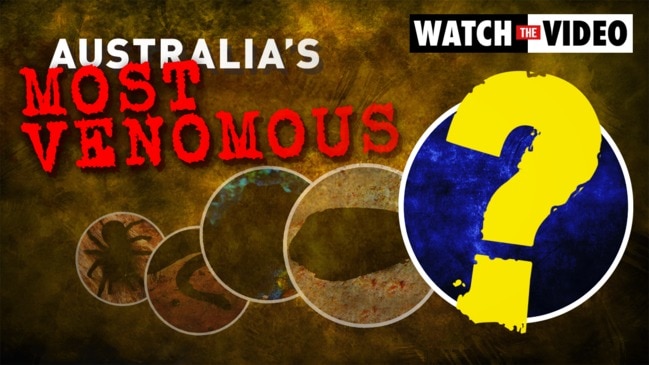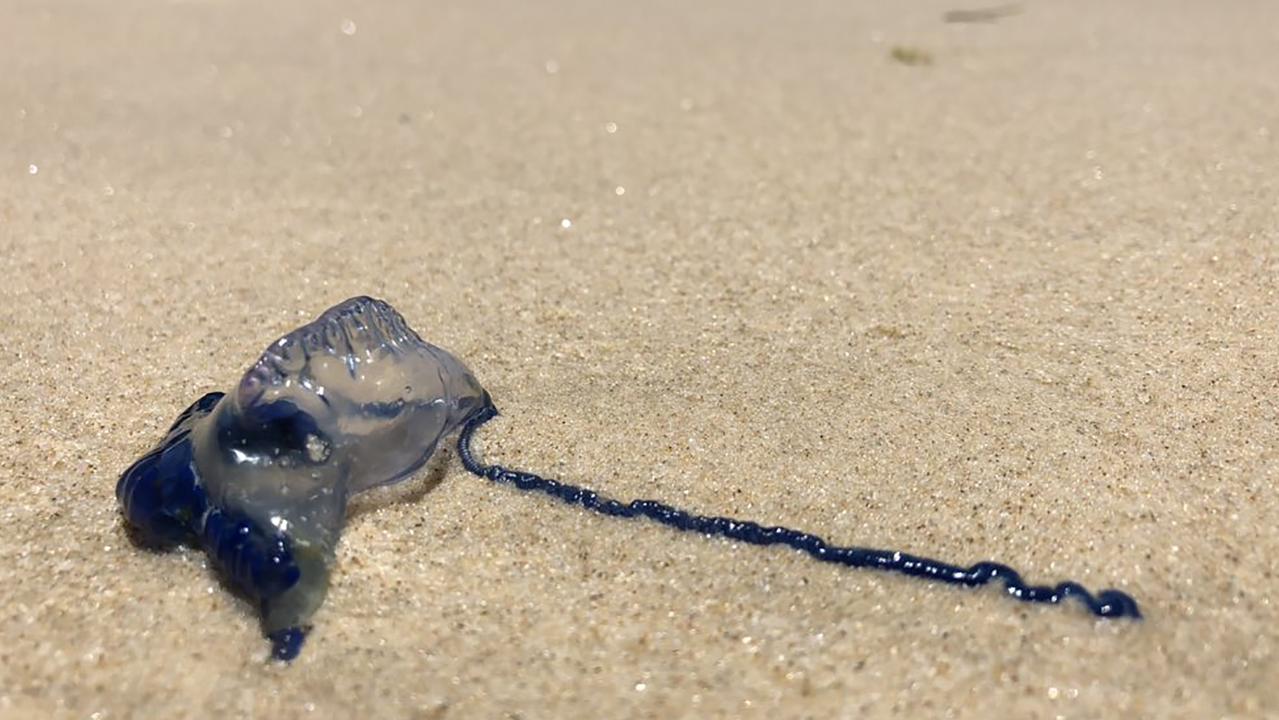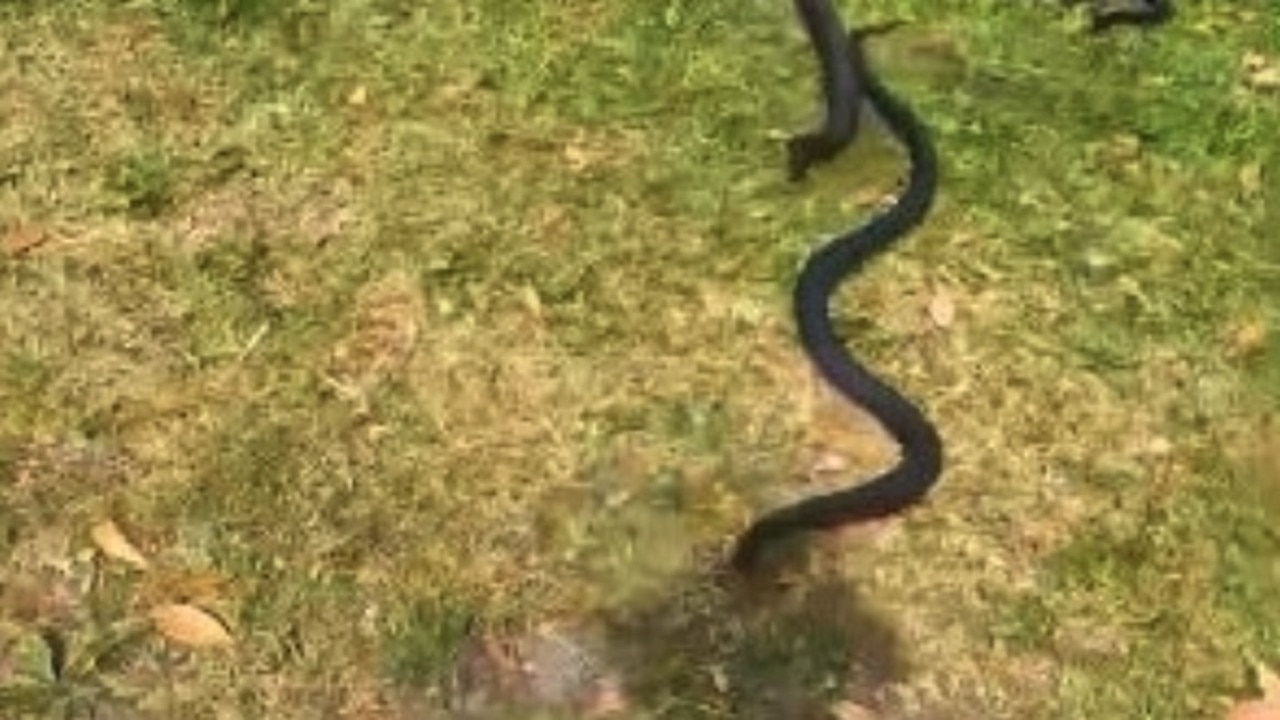Warning as monster jellyfish wash up on UK beaches
Killer bluebottles with almost-invisible tentacles of up to 50m are terrorising popular beaches, with experts warning they’re dangerous even when dead.

Killer bluebottles up to 50m long are being washed up on Britain’s beaches.
One sting from the Portuguese Man O’War, or bluebottle, can prove fatal, even if the creature is already dead.
Recent stormy weather has driven the creatures from their open ocean lairs and they are hungry for plankton in the shallow waters around the UK’s coast.
Their purple bodies can be just 30cm long but the ribbon-like tentacles can grow up to 50m and are virtually invisible.
The Portuguese Men O’War — or bluebottles, as they are more commonly known in Australia — have been reported at Sennen Beach and nearby Portheras Cove in Cornwall in southwest England.
Currently been sighted in Portheras Cove, please be aware of them.
— NCI St Ives (@NCISTIVES) October 6, 2021
They're back! Our annual autumn visitors the Portuguese-Man-O-War are making an appearance in the coves at the moment due to the strong on-shore winds. Please admire from a distance and DO NOT TOUCH. pic.twitter.com/JbNHUIqHv6
Experts fear more will soon wash up in Wales and along England’s South Coast.
“The Portuguese Man O’War lives at the surface of the open ocean, held afloat by a gas-filled bladder,” a UK Wildlife Trust spokesman told The Sun.
“This has a crest-like structure at the top which acts as a sail.
“They can’t swim and are at the mercy of the winds — which is why they often end up washed ashore after big storms.
“They are fearsome predators, catching small fish and crustaceans with their long stinging tentacles.
“It’s these tentacles that you need to watch out for too — they can sting long after the animal has died.”

Other species including the barrel jellyfish have also been swarming in.
The Marine Conservation Society said the rise in the number of jellyfish around the coast “can no longer be ignored”.
A spokesman said: “Our national survey suggests significant recent rises.”
The coastguard said the young and elderly were most at risk of dying if they were stung.
In 2010 swimmer Maria Furcas, 69, suffered a fatal allergic reaction to a Man O’War sting near Cagliari, Sardinia.
February saw an armada of bluebottles wash up on beaches in Sydney, and up and down the NSW coast, brought in by strong north-easterly winds.
This article originally appeared on The Sun and was reproduced with permission





